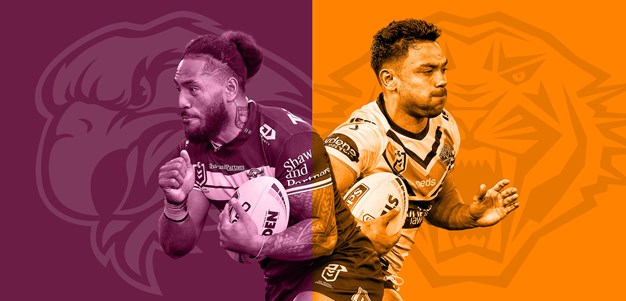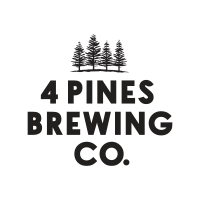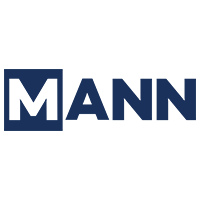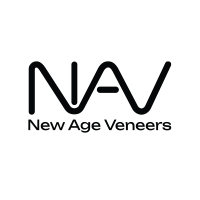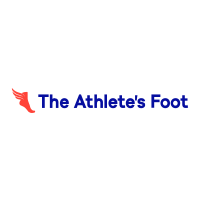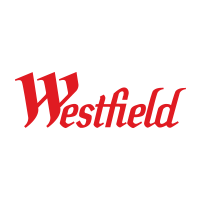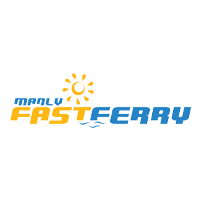
The NRL’s mental health program, NRL State of Mind today announced a partnership with not-for-profit mental health foundation, Gotcha4Life, strengthening the game’s long-standing approach to increasing positive mental wellbeing and support amongst communities.
The partnership will see Gotcha4Life join Federal, State and Territory Governments in helping provide funds and awareness for the NRL State of Mind program and allowing increased program delivery via the NRL’s expert mental wellbeing partners, including Lifeline, headspace, the Black Dog Institute and Kids Helpline.
NRL CEO, Andrew Abdo said he welcomed the partnership and increased support from Gotcha4Life.
“Our State of Mind workshops have been a pivotal community program since 2015 and with the support of Governments and expert mental health partners, we have reached thousands of junior rugby league players, coaches, referees, parents and volunteers and provided them with support and mechanisms to increase positive mental wellbeing,” Mr Abdo said.
“This has been a tough year and none of us are alone in feeling vulnerable from time to time. I want to congratulate Gus Worland and the Gotcha4Life team for their inspiring vision in helping spread a message of hope and support amongst one another. I look forward to seeing the partnership prosper and the NRL State of Mind program continue to reach more and more communities.”
Gotcha4Life co-founder and well known media personality, Gus Worland said the foundation was a perfect platform to continue the NRL’s progress in encouraging positive mental wellbeing and resilience.
“Gotcha4Life’s vision is focussed on a society where people are open, honest and supportive in their relationships and comfortable to express themselves when they are not ok. The NRL’s State of Mind program ties in perfectly with this vision,” Mr Worland said.
“I’ve been so impressed with the stories of male and female rugby league players over the years; role models to so many and comfortable in expressing their feelings, reinforcing to fans that it’s normal and encouraged to speak up and ask for help. It’s the smart thing to do and ultimately, it improves their lives and the lives of those around them.
“I want to thank Andrew and the NRL for allowing us the opportunity to join the movement as we work together to build greater social connections and stronger mental fitness.”

Ahead of the Sea Eagles hosting the Tigers this weekend, NRL State of Mind ambassador, Joel Thompson, and Gotcha4Life ambassador Benji Marshall said they were proud to be part of a game that supported a movement of positive mental wellbeing and resilience.
“For me, if I’m happy off the field, my footy goes up another level and I’m ultimately a better person to be around,” Thompson said.
“The more awareness and support of the NRL’s State of Mind program, the better. It means we can reach more junior rugby league clubs and equip them with learning and support tools via our expert partners and the partnership with Gotcha4Life will certainly help achieve that.”
“I’ve been fortunate in my life so far to have the support of positive people around me, but like footy, mental wellbeing and resilience takes ongoing work,” Marshall added.
“I’d encourage anyone, no matter their age or background, to never feel like they can’t ask for help or someone to listen to them. You never know what a difference a conversation could make.”
Sea Eagles lock Jake Trbojevic said he was proud to be a Gotcha4Life ambassador alongside Marshall.
"Benji and I might be foes on the field this weekend but we both love being supporters of each other off the field and the great Gotcha4Life program,'' Trbojevic said.
"It is so important to encourage people to adapt a positive mental wellbeing and I'm happy to do whatever I can to support Gus and the Gotcha4Life program."
For more information on the NRL’s State of Mind program, visit www.nrl.com/community/state-of-mind
For more information on Gotcha4Life, visit: www.gotcha4life.org
The NRL’s State of Mind program is proudly supported by the Australian Federal Government, together with the Governments of New South Wales, Queensland, Victoria, Western Australia and the Northern Territory. The program is supported by expert partners including Lifeline, headspace, the Black Dog Institute and Kids Helpline.


